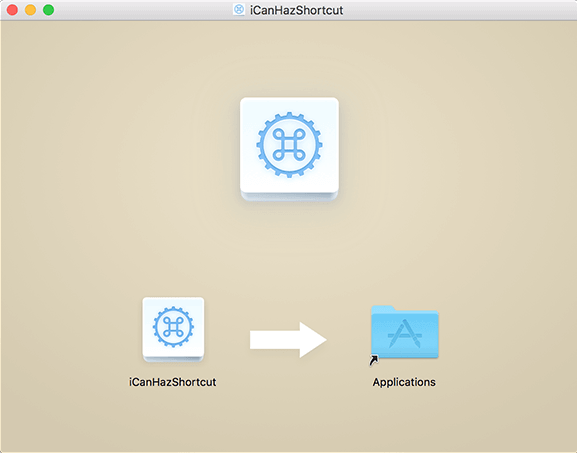

If you’re curious about the technical details of traceroute you can learn more about them here. That’s because we are taking a high-level overview here and not going too deeply into the technical weeds. If GreenGeeks technical support has asked you to run a traceroute and send them the results, their diagnosis and conclusions may differ slightly from what we cover in this section. # traceroute -I ICMP Making Sense of the Results
HOW TO RUN COMMAND ON MAC FULL
You’ll usually type the full name, traceroute, rather than the Windows name, tracert. Generally speaking, you access it the same way you would access it on a Windows computer, by opening a command prompt. How you get to the traceroute utility on a Linux computer varies depending on which distribution you run. You may access this folder by going to Finder > Go > “Go to Folder…”.

The traceroute will run and the results will be displayed.Type “tracert” followed by the domain name that you want to trace to.Click the “Command Prompt” link or icon.To do a traceroute on a Windows computer we’ll use the TRACERT utility.
HOW TO RUN COMMAND ON MAC HOW TO
The traceroute can show you where the problem is.įirst, we’ll explain how to do a traceroute (from Windows, Mac, or Linux), and then talk about what the results mean. While a problem on the webserver is certainly possible, it’s also just as likely that there is a problem somewhere on the path between your computer server itself. When a website is slow or unresponsive, our first thought is to assume there is a problem with the webserver. Usually, that destination computer will be a webserver, and you’ll be using a traceroute to help determine why a website is slow or unresponsive. The traceroute results display the path across the network (Internet) that data takes from your computer to a destination. A traceroute is a diagnostic test that you perform from your computer.


 0 kommentar(er)
0 kommentar(er)
